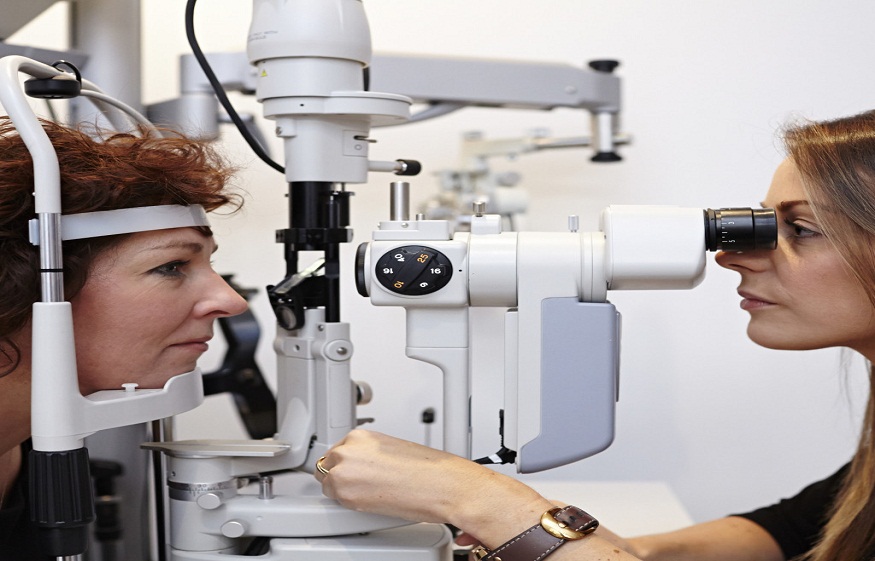The quadruple marker test is a prenatal screening used to evaluate the risk of certain birth defects in an unborn baby. This test is especially important for parents looking to protect their baby’s health during early pregnancy. Gaining a clear understanding of the test, its purpose, and its importance can help make informed choices throughout pregnancy.
What is the Quadruple Marker Test?
The quadruple marker test is a blood test performed during the second trimester of pregnancy, typically between the 15th and 20th weeks. It measures the levels of four key substances in a pregnant woman’s blood:
- Alpha-fetoprotein (AFP): A protein made by the foetus’s liver. Abnormal levels may indicate conditions such as neural tube defects or Down syndrome.
- Human chorionic gonadotropin (hCG): A hormone secreted by the placenta (the afterbirth). Unusual levels can signal chromosomal abnormalities like trisomy 18 or Down syndrome.
- Unconjugated estriol (uE3): A hormone made by the placenta and foetus’s liver. Lower levels may indicate a higher risk of Down syndrome or other genetic conditions.
- Inhibin-A: A hormone produced by the placenta. Elevated levels are linked to an increased risk of Down syndrome.
Purpose of the Quadruple Marker Test
The primary purpose of the quadruple marker test is to evaluate the risk of chromosomal abnormalities and neural tube defects in the developing foetus. While it does not provide a definitive diagnosis, the test helps identify pregnancies that may require further testing, such as amniocentesis or chorionic villus sampling (CVS), to confirm any findings.
For instance, if the test results indicate a high level of AFP, it might suggest an increased risk of neural tube defects like spina bifida. On the other hand, low levels of AFP and abnormal levels of hCG, uE3, and Inhibin-A could indicate a higher risk of Down syndrome.
Who Should Consider the Test?
The quadruple marker test is generally recommended for all pregnant women, but it is particularly crucial for those who:
- Are over 35, as the risk of chromosomal abnormalities rises with maternal age.
- Have diabetes and require insulin.
- Have been exposed to significant radiation.
- Have previously given birth to a child with a birth defect.
- Have a history of genetic disorders in the family.
If you fall into one of these high-risk categories, it’s important to consult your doctor about the advantages of the quadruple marker test.
Interpreting the Results
The results of the quadruple marker test are usually presented as a risk ratio, such as 1 in 1,000 or 1 in 50. A lower ratio indicates a higher risk of the foetus having a birth defect. It’s important to note that the test is not diagnostic; it only indicates whether further testing might be necessary.
For example, a result that suggests a high risk for Down syndrome does not mean the baby has the condition. It simply means that additional diagnostic tests, such as amniocentesis, might be recommended to confirm or rule out the diagnosis.
Take Away
The quadruple marker test is a valuable screening tool during pregnancy that helps assess the risk of certain birth defects. While it does not provide a definitive diagnosis, it can guide parents and healthcare providers in making informed decisions about further testing and care.
If you are expecting, discussing the quadruple marker test and its results with an obstetrician or maternal-fetal medicine specialist is important. They can offer guidance on the next steps and provide support throughout your pregnancy to ensure the best possible care for your baby.
Apollo Cradle & Children’s Hospital is a leading healthcare facility known for its comprehensive maternal and childcare services. With a team of highly qualified specialists, including experienced obstetricians and paediatric doctors in Gurgaon, the hospital is dedicated to providing exceptional care for both mothers and their newborns. They offer various services, from prenatal screenings to advanced neonatal care, ensuring a safe and healthy environment for every family. Committed to patient-centred care, Apollo Cradle emphasises comfort and support throughout the healthcare journey.



